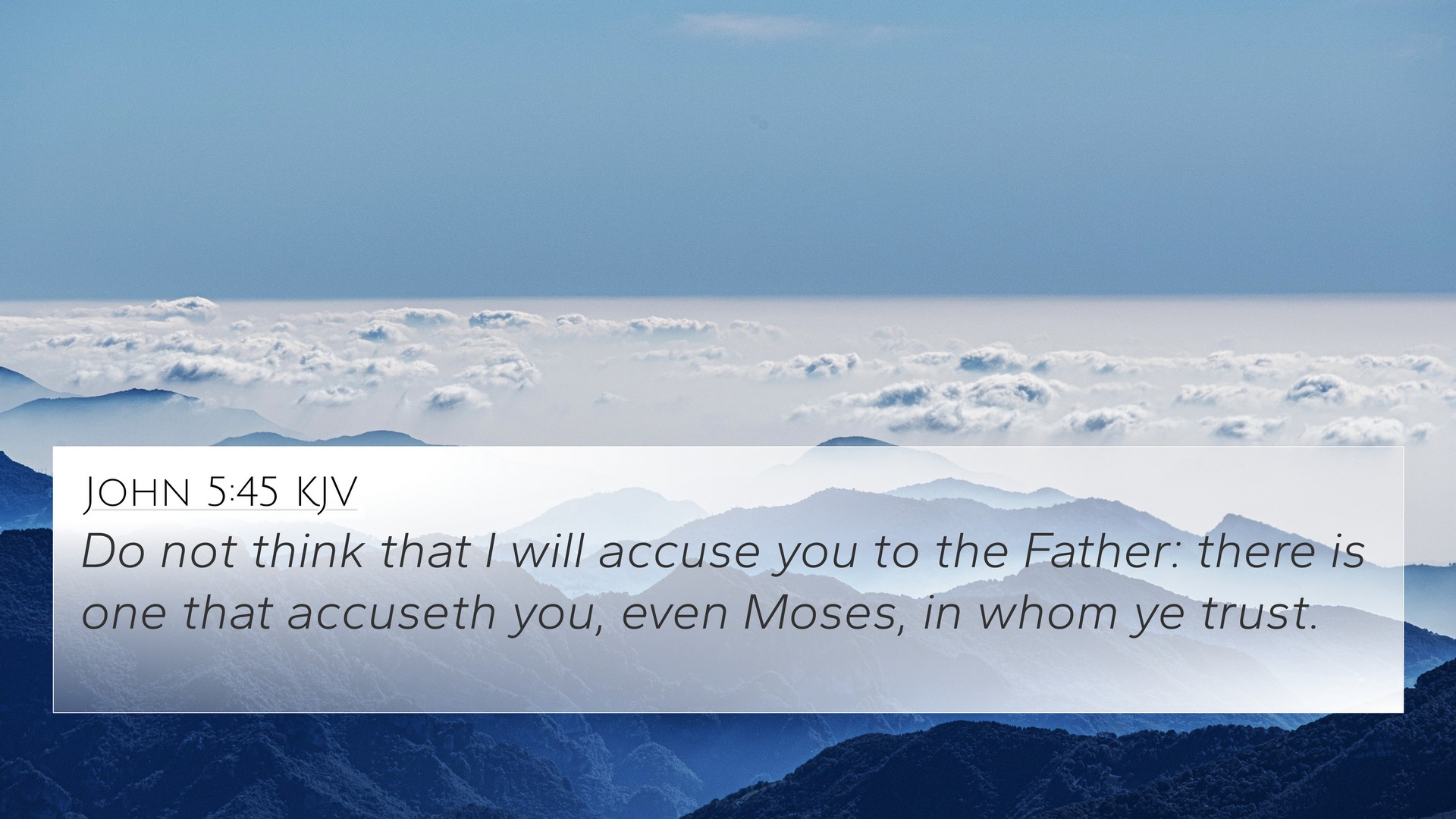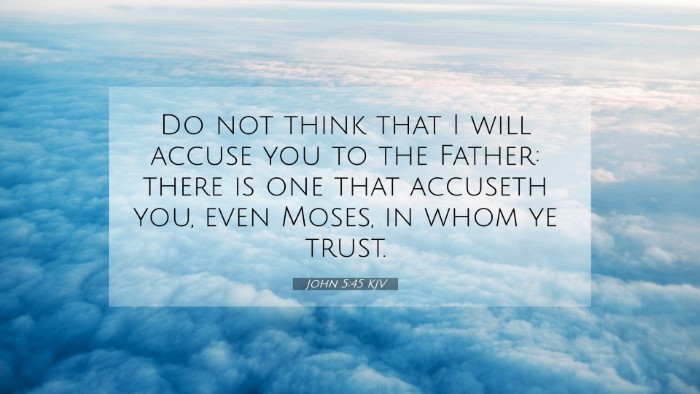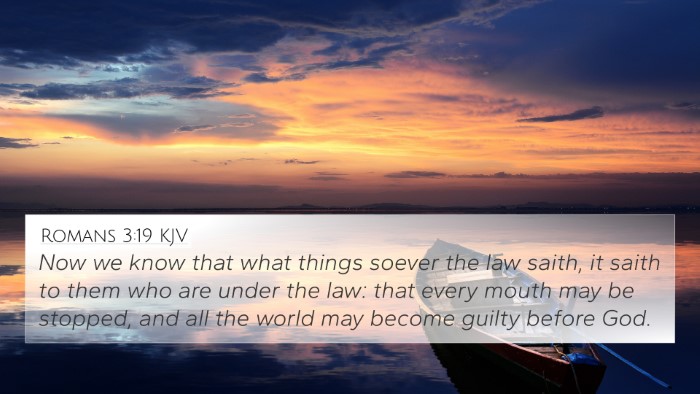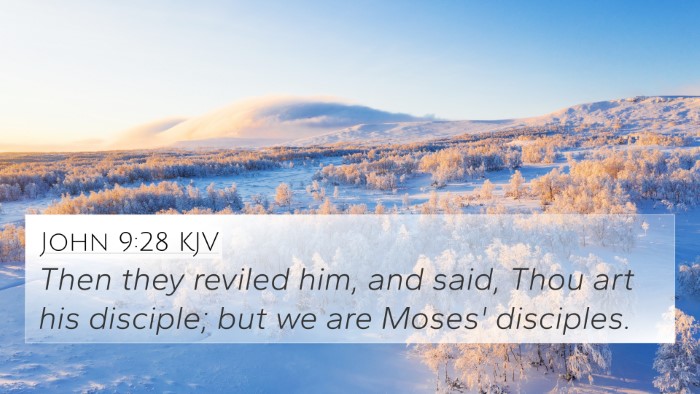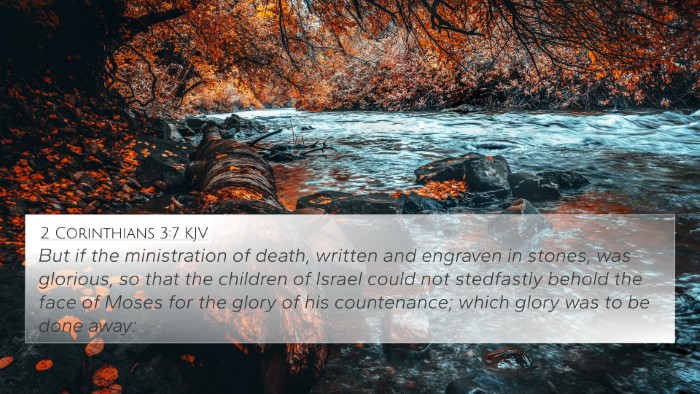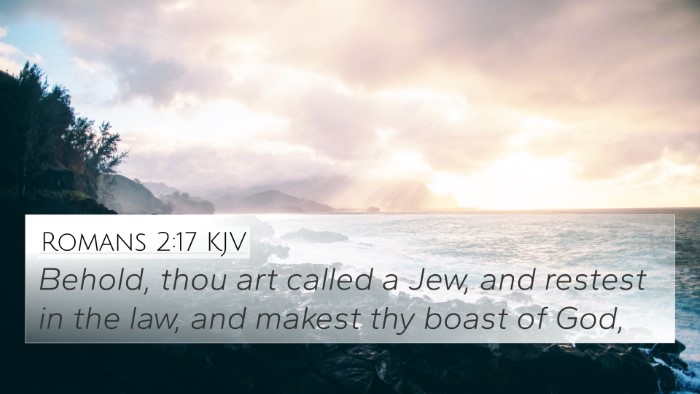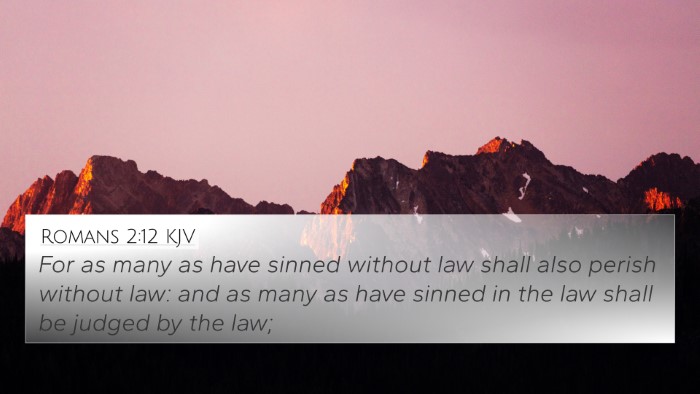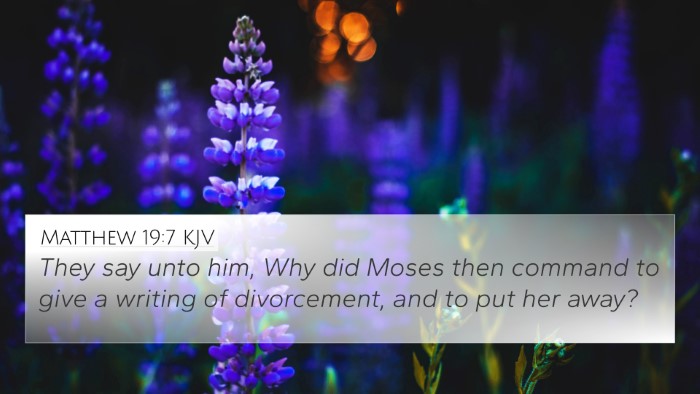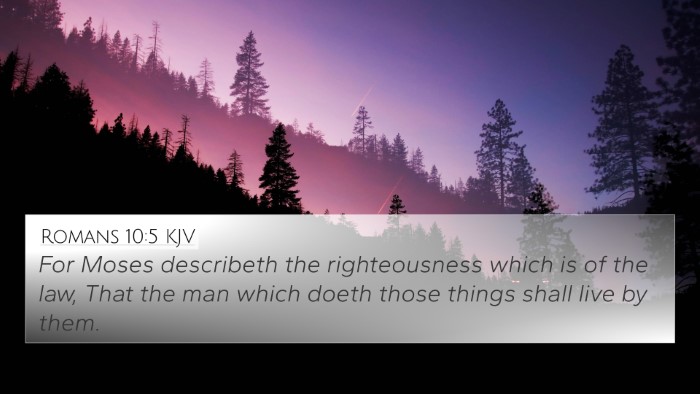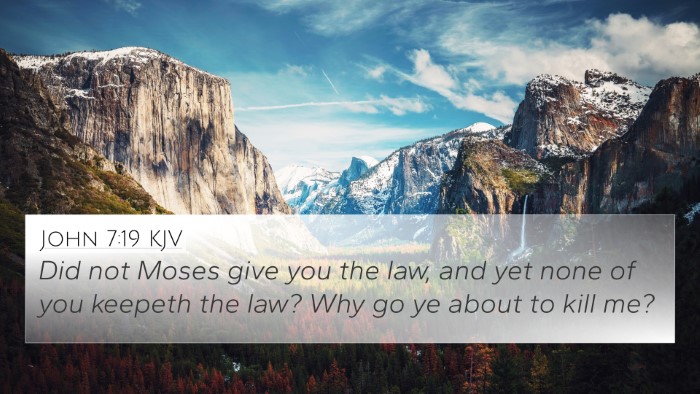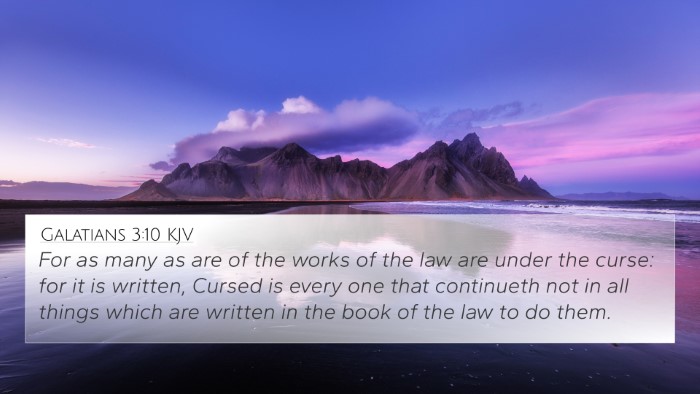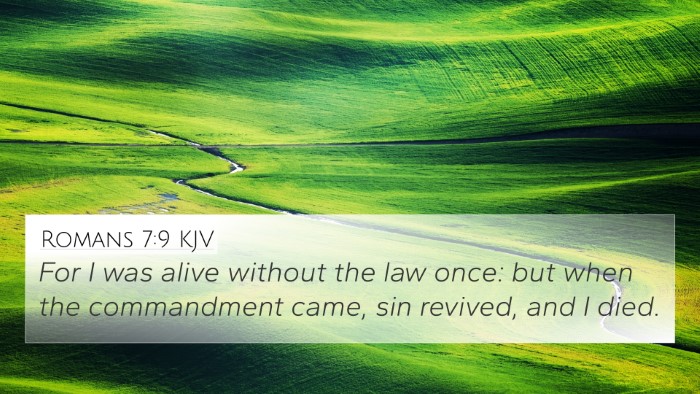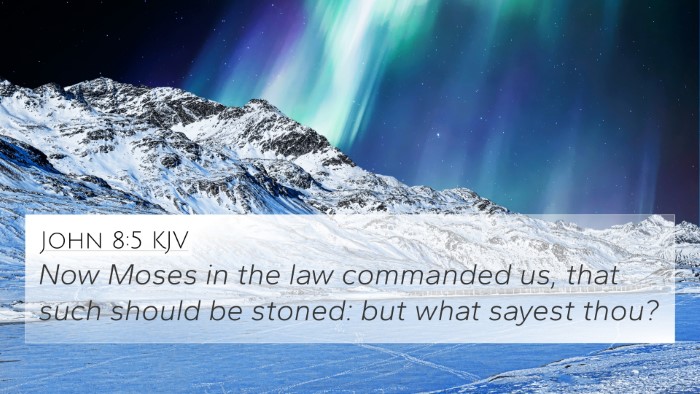Understanding John 5:45
John 5:45 states: "Do not think that I will accuse you to the Father; there is one who accuses you: Moses, on whom you have set your hope." In this verse, Jesus addresses the Jewish leaders who were seeking to condemn Him, emphasizing that it is Moses whom they have placed their trust in, who will ultimately stand as their accuser.
Contextual Background
To fully appreciate the meaning of John 5:45, it is essential to consider the broader context of Jesus’ ministry and His relationship with the Mosaic Law. This verse serves as a pivotal point in Jesus' discourse on the authority of the Scriptures and His divine mission as the Messiah. Here, He highlights the irony that the very scriptures the Jewish leaders venerate are the ones that testify against them.
Commentary Insights
- Matthew Henry: Henry emphasizes that the Jews placed immense confidence in Moses, believing that adherence to the Law would secure their salvation. However, he suggests that this misplaced trust leads to their condemnation, as Moses wrote about Christ and recognized Him as the fulfillment of the Law.
- Albert Barnes: Barnes interprets Jesus’ statement as a warning. He argues that the Jews' reliance on Moses inadvertently binds them to their own judgment, as Moses pointed towards Christ, and by rejecting Christ, they reject the very means of their salvation that they claim to uphold.
- Adam Clarke: Clarke suggests that this accusation is not through a personal advocate but rather through the Scriptures themselves. He posits that Moses, through the Law, will bear witness against those who fail to recognize the legitimate fulfillment of the prophecies through Jesus.
Thematic Connections
This verse showcases a significant thematic connection: the relationship between the Old Testament and the New Testament, particularly focusing on the concept of testimony and witness. The following cross-references are essential for understanding the implications of this verse:
- Luke 16:29: "But Abraham said, 'They have Moses and the Prophets; let them hear them.'" - This indicates the enduring relevance of Mosaic Law in God’s plan.
- John 5:39: "You search the Scriptures because you think that in them you have eternal life; and it is they that bear witness about me." - Emphasizes the importance of recognizing Christ in the Law.
- Romans 3:19: "Now we know that whatever the law says it speaks to those who are under the law, so that every mouth may be stopped, and the whole world may be held accountable to God." - Highlights the Law's role in revealing God's standard of righteousness.
- Galatians 3:24: "So then, the law was our guardian until Christ came, that we might be justified by faith." - Establishes the law’s preparatory function leading to Christ.
- Hebrews 10:28: "Anyone who has set aside the law of Moses dies without mercy on the testimony of two or three witnesses." - Stresses the severity of neglecting the law's requirements.
- Acts 3:22: "Moses said, 'The Lord God will raise up for you a prophet like me from your brothers. You shall listen to him in whatever he tells you.'" - Prophetic reference to Jesus as the fulfillment of the Moses role.
- 1 John 5:10: "Whoever believes in the Son of God has the testimony in himself." - Relates to how belief in Christ fulfills the witness of the Law.
Cross-Referencing Biblical Texts
The act of cross-referencing Biblical texts enables a deeper understanding of scripture. Each of these references sheds light on the intent behind John 5:45 and encourages believers to see how various parts of the Bible connect.
By relating these scriptures, one can practically apply the process of how Moses’ testimony serves as a critical lens for interpreting the role of the Law and the prophetic teachings of Jesus.
For Further Study
Engaging in a cross-reference Bible study can enhance comprehension of verses like John 5:45. Here are some practical tips on how to conduct such studies:
- Utilize a Bible Concordance: This tool can help identify connections between various scriptures, such as linking Old Testament prophecies to New Testament fulfillments.
- Read Cross-Reference Guides: Many Bibles contain built-in cross-references which offer immediate connections between verses.
- Explore Commentaries: Consulting various commentaries can provide diverse interpretations and insights, as seen with Matthew Henry, Albert Barnes, and Adam Clarke.
- Engage in Thematic Studies: Delve into themes such as 'Testimony' or 'The Law' to uncover inter-Biblical dialogue and deeper theological insights.
Conclusion
In examining John 5:45, one realizes the critical nature of understanding scripture in its entirety. The verse serves as a poignant reminder of the necessity of recognizing Christ as the focal point of the law and scriptural texts. The insights from various public domain commentaries, combined with cross-referencing related verses, enrich the understanding of this profound statement made by Jesus.
